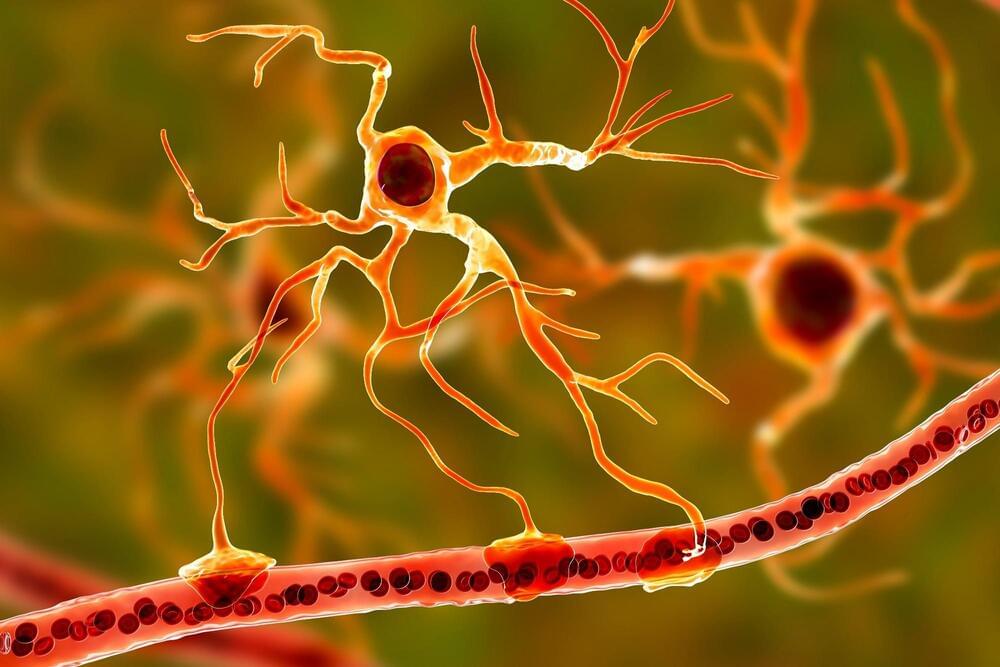This post is also available in:  עברית (Hebrew)
עברית (Hebrew)
A recent Chinese hack of senior officials at the U.S. State and Commerce departments was apparently a result of the compromise of a Microsoft engineer’s corporate account, and stealing a valuable key, as reported by Microsoft Corp (MSFT.O).
According to Reuters, Microsoft has stated that the engineer’s account had been compromised by the “Storm-0558” hacking group, which allegedly used the key to forge authentication tokens to access email accounts on Microsoft’s cloud servers including top American officials such as Commerce Secretary Gina Raimondo, US Ambassador to China Nicholas Burns and Assistant Secretary of State for East Asia Daniel Kritenbrink.









